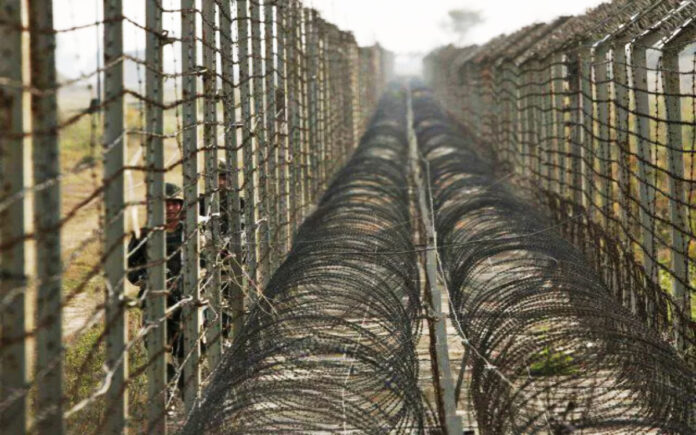Washington: In the wake of last week’s deadly Islamist militant attack in India-administered Kashmir that left 26 dead, U.S. Secretary of State Marco Rubio has called on both India and Pakistan to engage in direct dialogue to ease rising tensions. According to the State Department, Rubio held separate conversations on Wednesday with Indian Foreign Minister Subrahmanyam Jaishankar and Pakistani Prime Minister Shehbaz Sharif.
Rubio reaffirmed U.S. support for India in its fight against extremism while urging Islamabad to assist in the investigation of the attack. “Rubio urged Pakistani officials’ cooperation in investigating this unconscionable attack,” the department stated. He also emphasized the importance of both nations working together to “de-escalate tensions, re-establish direct communications, and maintain peace.”
These diplomatic outreach efforts represent the most significant public U.S. engagement with both countries since the April 22 attack. The U.S. has labeled the incident a “terror” attack and described it as “unconscionable” in its official communications.
The latest tensions come at a time when Washington’s strategic interests in South Asia are delicately balanced. India is a key U.S. partner in the Indo-Pacific, particularly in countering China’s growing regional assertiveness. While Pakistan’s role has diminished since the 2021 U.S. withdrawal from Afghanistan, it remains a vital partner on counterterrorism and regional stability.
In its statement, the State Department confirmed that Rubio had “spoken to Pakistan of the need to condemn” the attack. Meanwhile, Sharif’s office said the Pakistani leader requested Rubio to urge New Delhi “to dial down the rhetoric”.
Also Read | Wellington Hit by Decade’s Strongest Winds as Storms Batter New Zealand
Following the attack, India blamed Pakistan for supporting the perpetrators, a charge Islamabad denies, calling instead for a neutral investigation. In retaliation, India suspended a longstanding water-sharing agreement and imposed restrictions on Pakistani aviation. Both countries have also engaged in cross-border shelling, further inflaming the already volatile situation.
Prime Minister Narendra Modi, known for his firm nationalist stance, vowed to bring the attackers to justice, while Pakistan issued warnings of possible Indian military action.
Also Read | Anthony Albanese: The Working-Class Leader Battling for a Second Term
Kashmir remains a deeply contentious flashpoint between the nuclear-armed neighbors. Claimed in full by both but divided in control, the region has been the site of three wars and numerous military skirmishes.
Amid rising fears of further escalation, the United States reiterated its call for restraint and encouraged other global powers to play a role in promoting regional stability.



